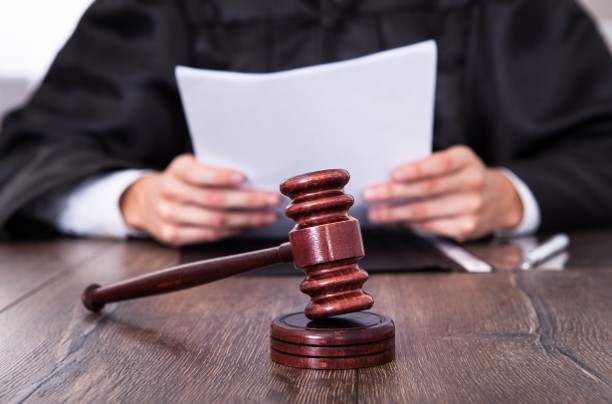
Why Do Some Personal Injury Cases Go to Trial in California?

As legal professionals, we understand the intricacies and importance of the trial process in California. Many people often wonder why some cases go to trial and others do not. In this article, we delve into the reasons that some cases proceed to trial in California.
Pre-Trial Phase
In the pre-trial phase, the involved parties exchange pertinent information and evidence relevant to the case. During this phase, the parties aim to settle the case or reach an agreement. If a settlement is not achieved, the case may advance to trial.
Parties Fail to Agree on a Settlement Amount
In California, a primary reason that some cases go to trial is the inability of the parties to agree on a settlement. A trial may become necessary in instances where the parties dispute the amount of compensation or damages owed.
For instance, in a personal injury lawsuit, the plaintiff might believe they deserve a substantial amount of compensation, while the defendant could argue that the injuries aren’t severe enough to warrant such a hefty amount. In such scenarios, a court trial may be required to determine the appropriate amount of compensation.
Disagreement on Key Issues of the Case
Some cases proceed to trial because the parties have divergent views on the critical issues. In a contractual dispute, for example, the parties might have varying interpretations of the contract’s language or obligations. In such situations, a trial might be needed to ascertain each party’s rights and obligations under the contract.
California Trial Decisions: Weighing the Benefits and Risks
There are various reasons why some cases in California advance to trial. Trials can be vital to resolving legal disputes, from disagreements over settlement amounts to conflicts about key issues. Legal representation is advisable to navigate the complex California legal system.
The type of trial will depend on the nature and specifics of the case. Though going to court can be expensive, it is often the most effective way to safeguard a party’s interests and rights. Understanding the role of the jury and judge in a court trial is essential. Also, knowing the grounds for an appeal is critical if one party is dissatisfied with the outcome.
The decision to proceed to trial must be carefully weighed, considering both the risks and potential rewards.
This article was written by Alla Tenina. Alla is one of the best bankruptcy attorneys in Los Angeles California, and the founder of Tenina Law. She has experience in bankruptcies, real estate planning, and complex tax matters. The information provided on this website does not, and is not intended to, constitute legal advice; instead, all information, content, and materials available on this site are for general informational purposes only. Information on this website may not constitute the most up-to-date legal or other information. This website contains links to other third-party websites. Such links are only for the convenience of the reader, user or browser; the ABA and its members do not recommend or endorse the contents of the third-party sites.